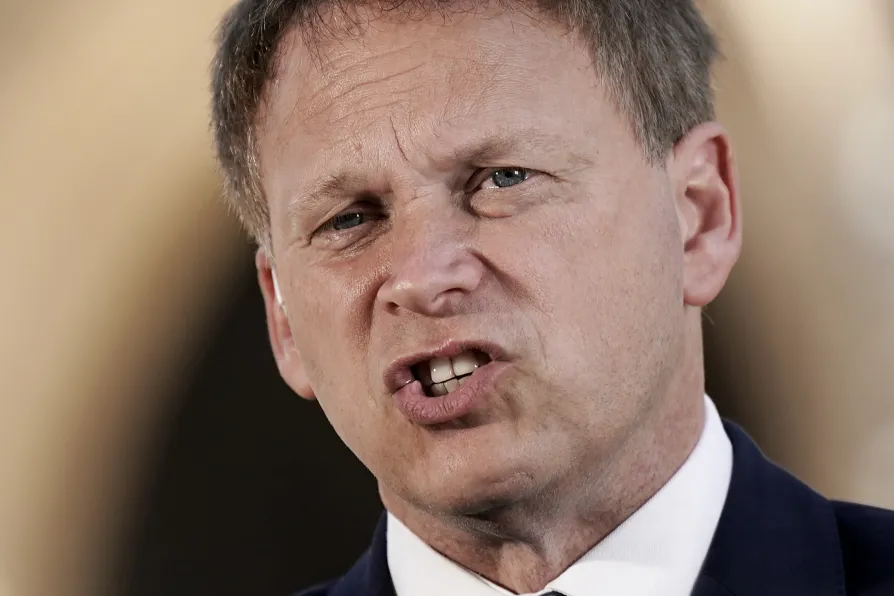A survey circulated by a far-right-linked student group has sparked outrage, with educators, historians and veterans warning that profiling teachers for their political views echoes fascist-era practices. FEDERICA ADRIANI reports

 Transport Secretary Grant Shapps
Transport Secretary Grant Shapps
GOVERNMENT powers to deal with peacetime emergencies are contained in the Civil Contingencies Act 2004, Part II.
The Act applies to war, terrorism, and environmental disasters, as well as to “events or situations” which threaten “serious damage to human welfare.”
Although a strike could in theory cause the Act to be invoked (though it has never happened), emergency regulations may not “prohibit or enable the prohibition of participation in, or any activity in connection with, a strike or other industrial action.”

The Bill addresses some exploitation but leaves trade unions heavily regulated, most workers without collective bargaining coverage, and fails to tackle the balance of power that enables constant mutation of bad practice, write KEITH EWING and LORD JOHN HENDY KC

It is only trade union power at work that will materially improve the lot of working people as a class but without sector-wide collective bargaining and a right to take sympathetic strike action, we are hamstrung in the fight to tilt back the balance of power, argues ADRIAN WEIR

ANSELM ELDERGILL draws attention to a legal case on Tuesday in which a human rights group is challenging the government’s decision to allow the sale of weapons used against Palestinians

Court of Appeal rules key anti-protest legislation was forced through unlawfully










